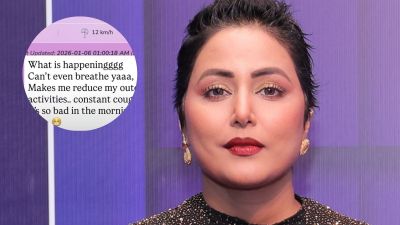Malaria vaccine clears another hurdle in tests
The most ambitious attempt to engineer a vaccine against malaria has cleared another key hurdle...

The most ambitious attempt to engineer a vaccine against malaria has cleared another key hurdle, with tests among African babies showing the prototype to be safe and highly protective, a study said.
Known by its lab name of RTS,S the prototype is raising high hopes of the first vaccine shield against a disease that claims more than a million lives a year 8212; 800,000 of them African children aged under five 8212; and sickens hundreds of millions more.
RTS,S was first formulated two decades ago and has been in cautiously widening trials since 1992.
The new test was conducted among 214 infants in villages in rural Mozambique, 50 kilometres north of the town of Manhica, where malaria is endemic.
The babies were randomly assigned to one of two groups. At the ages of 10 weeks, 14 weeks and 18 weeks, they either received RTS,S or a standard hepatitis B vaccine called Engerix-B, which was used as a 8220;control8221;, or comparison for seeing how the prototype worked.
In addition to these vaccines, the babies also received routine immunisation jabs at ages of eight, 12 and 16 weeks.
Infants who received RTS,S were 65 percent less at risk of contracting malaria compared with their control counterparts.
In a previous trial in 2004 8212;conducted amongst 2,022 Mozambican children aged one to four rather than among babies 8212;the vaccine was 45-percent effective.
In both trials, the vaccine was safe and there were no adverse effects from it.
- 01
- 02
- 03
- 04
- 05































